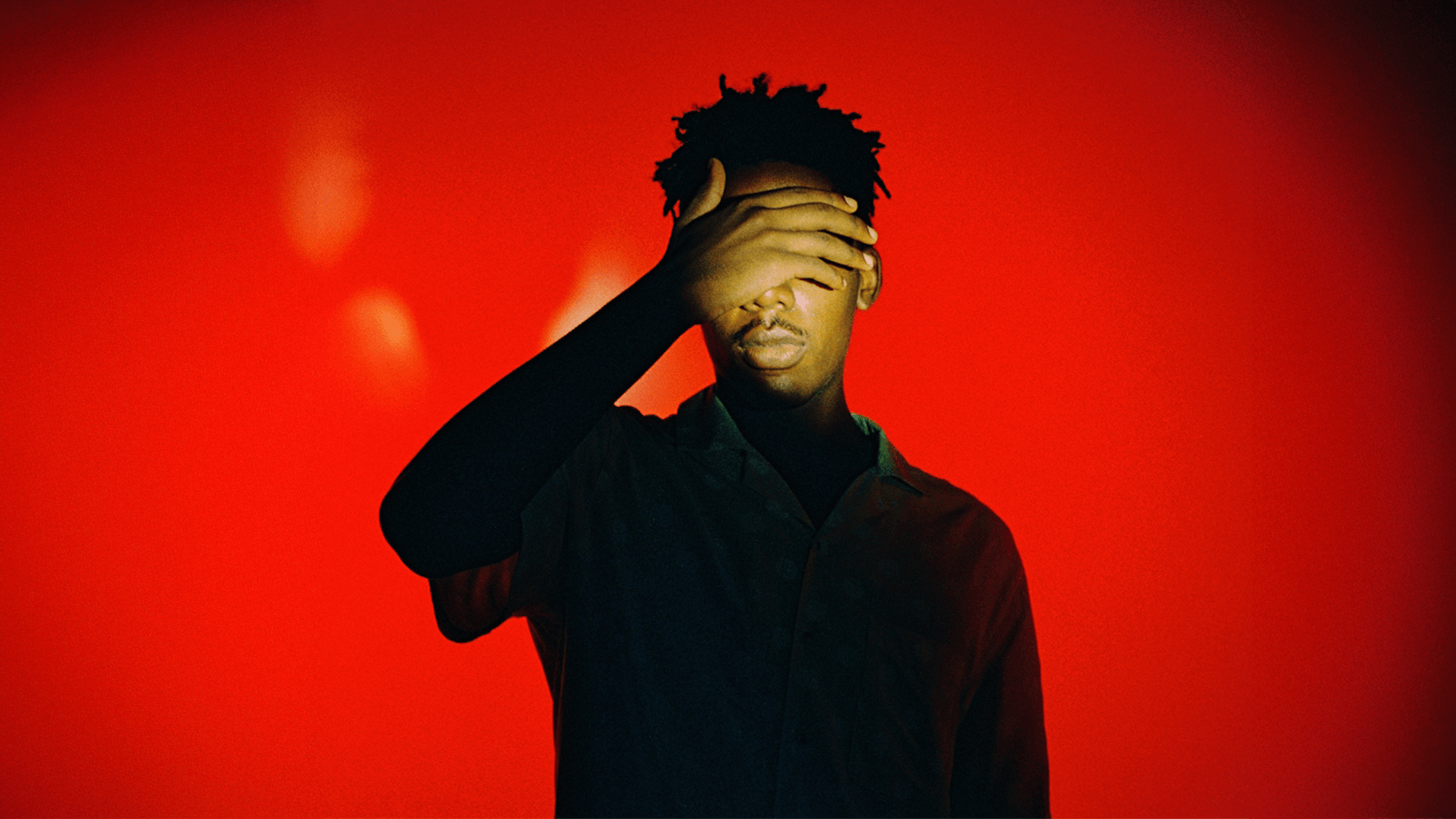Can’t Sleep? Here’s How To Stop Worrying About It – & Actually Get Some Rest
It’s 3am and, once again, you’re finding it impossible to sleep. You check your sleep app. You’ve had zero hours, and you have to be up in approximately 230 minutes. You get out your smartphone and start frantically googling things like ‘how to sleep’, ‘insomnia cure’ and ‘breathing exercises to for lack of sleep’. Your heart is beating. Your thoughts are spinning. And now, look, it’s 3.20am. What are you going to do?
For anyone who’s battled insomnia, the emotional stress surrounding lack of sleep can feel just as negative as the physical implications. This should hardly come as a surprise: we’re told, constantly, that getting enough sleep is crucial to our overall health. The cumulative effects of sleep deprivation have been associated with a wide range of health risks, from depression and anxiety to a lowered immune system to heart disease and even a higher chance of injury. Not getting enough sleep can feel as though you’re backsliding in life or committing some awful crime against yourself.
The thing is, high levels of stress can impair our sleep massively. So freaking out or obsessing over sleep patterns probably isn’t going to help the situation. “There’s so much information in the media about how if you don’t sleep you’ll die or ‘go mad’ that [sleep] has now become a performance sport,” says Dr Neil Stanley, an independent sleep expert and author of How To Sleep Well. “We’ve got gadgets and wearables that tell us how we sleep and these things are totally useless… Worrying about your sleep is probably the biggest saboteur of sleep.”
Dr David Lee, clinical director at Sleep Unlimited and author of Teaching The World To Sleep, agrees that sleep anxiety will never be conducive to actually sleeping. “When someone’s not sleeping well, then that anxiety is exacerbating the problem,” he says. “But sleep is a normal biological process, and we can’t avoid it – even the worst insomniacs in the world will sleep. So what we say to reassure people is that you will sleep, you do sleep, and the problem you’ve got is that you’re worrying too much. In that situation, you’ve got to stop thinking about it.”
Getting adequate sleep can feel like an impossible catch-22 – we’re supposed to prioritise sleep in our lives, but not so much that we’re obsessing over it. How is that even possible? Lee says that it’s important to remember that our circadian rhythms (our natural sleep-wake cycle) work in 90-minute increments. So if you’re not sleepy, get up and do something else until you are. And, crucially, don’t stress or assume it’s the end of the world. “If you’re not getting to sleep within 20 minutes, there’s no point beating yourself up. Just get up and get out of your bedroom and do something distracting for half an hour.”
Stanley points out that you’re not going to drop dead if you don’t sleep. Sure, you might have a rough night, but tomorrow might be different, so avoid spiralling. “Nobody has ever died from lack of sleep,” he says. “The Americans have a great phrase, ‘If not tonight, then tomorrow night.’ Even the worst insomniac will have one or two nights of good sleep. It’s about not seeing sleep as a competitive sport and judging how you feel, not focusing on how many hours you’re getting.”
Daisy Jones is a culture writer, editor and author of All The Things She Said. Her work has appeared in Vice UK, British Vogue, Dazed, The Guardian and more




